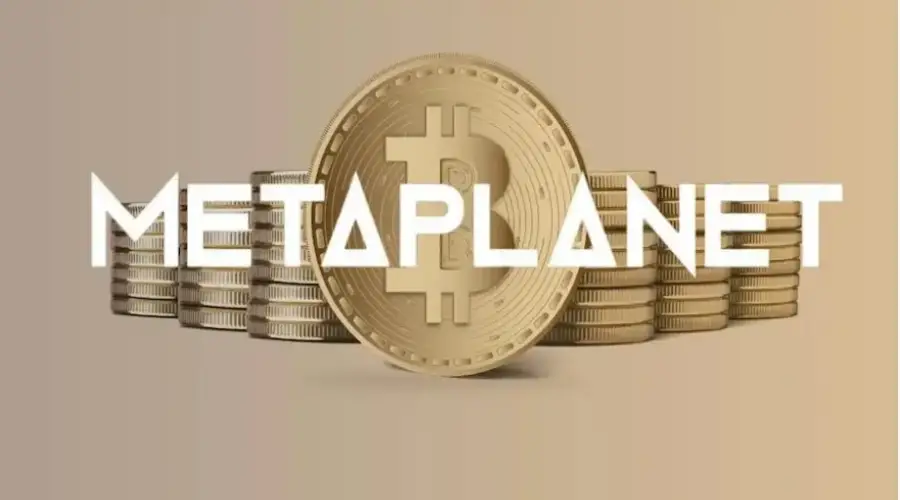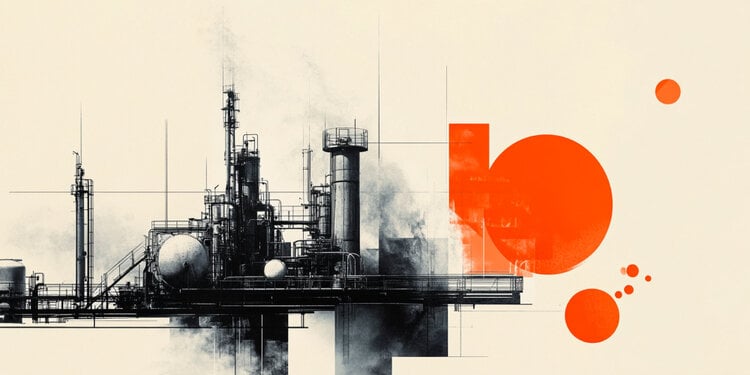The women’s professional tennis league has suspended all tournaments in China. However, within the country, there is no news of the decision, no public discussion of why, nor any response from Chinese tennis fans.
In contrast to the widespread silence at home, the Chinese government-controlled media attacked the Women’s Tennis Association (WTA) on Twitter – a platform blocked in China – accusing the organization of “making an exaggerated spectacle” and “supporting the West’s attack on the Chinese system”.
The two seemingly contradictory approaches reflect the extreme sensitivity attached to the WTA decision within China – and the explosive claim of the #MeToo movement that triggered it.
When Chinese tennis star Peng Shuai publicly accused former Chinese Vice Prime Minister Zhang Gaoli of sexual assault on her social media on Nov. 2, the authorities’ immediate response was to stifle her and censor even the vaguest allusion to the claim.
While this could have worked on the internal level, it only served to ignite the reaction on the outside.
Peng’s lingering disappearance from public life has led the world’s biggest tennis stars to demand answers about his whereabouts. In response, state media officials have posted a series of photographs and videos as “proof of life” of Peng on Twitter, while authorities continue to censor all references to her.
The same approach was applied again on Thursday (2), when the WTA announced an immediate suspension of all tournaments in China, including Hong Kong, due to Beijing’s silence on Peng’s allegations of sexual assault. Despite the strong reaction of state media on Twitter, Chinese media platforms remained calm and silent, not seeing the nationalist rage that would normally involve parties considered to have “offended China”.
“China’s external propaganda on this issue is like a paper box that can’t hold water in front of its own people,” said Xiao Qiang, editor-in-chief of China Digital Times, a US-based news website that tracks censorship in China. “It is ironic that they hope to use this narrative to convince the international community.”
For experts who have long monitored and analyzed China’s propaganda efforts, this seemingly closely guarded parallel world belies a more chaotic reality.
“We could talk here about a two-pronged strategy, about how China has imposed total silence at home, while pushing abroad a narrative about the intrusion of journalists and the politicization of sport. However, calling it strategy suggests a sophistication that doesn’t really exist,” said David Bandurski, director of the China Media Project.
What we really see is desperation, the editor-in-chief of a state-run newspaper rushing to Twitter and hitting the hammer. The aim is to distract the world from obvious and reprehensible facts.
David Bandurski
Hu Xijin, editor-in-chief of the Global Times government’s nationalist tabloid, became the first state official to challenge the WTA’s decision on Thursday — but only on Twitter.
“The WTA is coercing Peng Shuai to support the West’s attack on the Chinese system. They are pruning Peng Shuai’s freedom of expression, demanding that his description of his current situation match their expectations,” tweeted Hu.
Following the statements, a Global Times “editorial” was posted on Twitter in English, accusing the WTA of “expanding its influence in a speculative way, bringing women’s tennis politics deeply, setting a bad example for the entire sporting world. ”. He didn’t mention what triggered the WTA’s decision to withdraw from China in the first place.
The “editorial” was not published on the newspaper’s Chinese-language social media, and did not appear on its English-language website until late Thursday night (2). Even so, it was hidden from the home page, a far cry from how editorials are normally displayed.
In another English-language article, the Global Times said that the Chinese Tennis Association (CTA) had expressed “indignation and firm opposition” to the WTA’s decision. CTA’s response was not reported by the Chinese-language media, nor was it published on the association’s own website. CTA did not respond to requests for comment from the CNN.
At a press conference on Thursday, in response to a question about the WTA’s withdrawal, a spokesman for China’s Ministry of Foreign Affairs said: “China has always been firmly opposed to any act that politicizes the sport.” This exchange was removed from the official transcript of the questions and answers on the ministry’s portal.
Beijing’s efforts to hide its anger at the WTA from the Chinese public show how serious and sensitive the scandal is in the eyes of the ruling Communist Party — especially ahead of its two-decade leadership reshuffle next year, when it is expected that President Xi Jinping tries for a third term in power.
As deputy prime minister, Zhang, 75, served on the party’s Politiburo Standing Committee – the country’s seven-member supreme leadership body – alongside Xi from 2012 to 2017.
“It’s been kind of an external storm, and they wanted to keep the storm out of China,” Bandurski said. “It’s an extremely sensitive issue for leadership. I think it was probably one of the most sensitive news of the last decade.”
The main concern of the Chinese government is clear in the tweet by Hu, who accused the WTA of attacking the “Chinese system”.
“Fundamentally, it’s about protecting the political system in China – this is the only body that is a cause for concern. It is not about Peng Shuai’s personal safety, or his rights as an individual, as a woman, as a citizen,” said Bandurski.
“Because once you actually talk about this issue internally, people are going to ask, ‘Well, what about Zhang Gaoli? Is it true? Is this a high-level official because nothing happened to him? Where is he? And these questions immediately go to the heart of power and legitimacy. [do partido]”.
Moments after the WTA announced it was pulling out of China in the early hours of Thursday, some users of the social network Weibo expressed their support for the decision on the association’s official social network account in old posts. The WTA has not issued a Chinese version of its ad on Weibo.
“The WTA has a strong backbone,” said one comment. “Why is this man not arrested. He has really super strong support. It’s nonsense,” the comment continued, apparently referring to Zhang.
These comments were soon removed. As of Thursday afternoon, the comments section under his two most recent posts had been disabled. “Someone is deleting posts,” one user wrote under a third post, only to have that deleted as well, and comments on the post were disabled.
The WTA account – which has more than 400,000 followers – is still on Weibo, but has been blocked from the search results.
While all censorship appears to be powerful and widespread, such censorship can come at a cost to the party, Bandurski said.
“There is always a downside to censorship, especially when you can see it happen, when you experiment. It’s a demerit for the system,” he said. “The most effective way to control it is for it to happen invisibly, and people aren’t really aware of what they’re missing.”
In some ways, the general censorship surrounding Peng and the aftermath also betrays Beijing’s lack of confidence in its ability to turn history and win public support.
Beijing has proven successful in garnering national support when faced with international criticism related to Hong Kong, Xinjiang and Tibet, punishing Western companies, organizations and governments for meddling in “China’s internal affairs”.
On social media, nationalists often echo Beijing’s fury, calling for boycotts of companies for “insulting China.”
However, the Peng scandal is different. His allegation of sexual assault against a powerful man, who once sat at the height of a patriarchal system, could potentially unleash a wave of outrage and empathy within China, especially from young women, many of whom have expressed support for victims in cases previous reports of harassment in the #MeToo movement.
If the Communist Party is afraid to try to convince its own people, any attempt to influence the international audience will almost certainly fail, experts say.
“The world has serious news media, there are serious political bodies – such as the United Nations and the European Union – that issue statements [sobre Peng]. However, China only has…almost one man and a handful of Twitter accounts,” said Bandurski. It’s very rustic. It’s very unstrategic. And I think in that sense it’s incredibly silly.”
Translated text. Read the original in English.
Reference: CNN Brasil
I’m James Harper, a highly experienced and accomplished news writer for World Stock Market. I have been writing in the Politics section of the website for over five years, providing readers with up-to-date and insightful information about current events in politics. My work is widely read and respected by many industry professionals as well as laymen.







